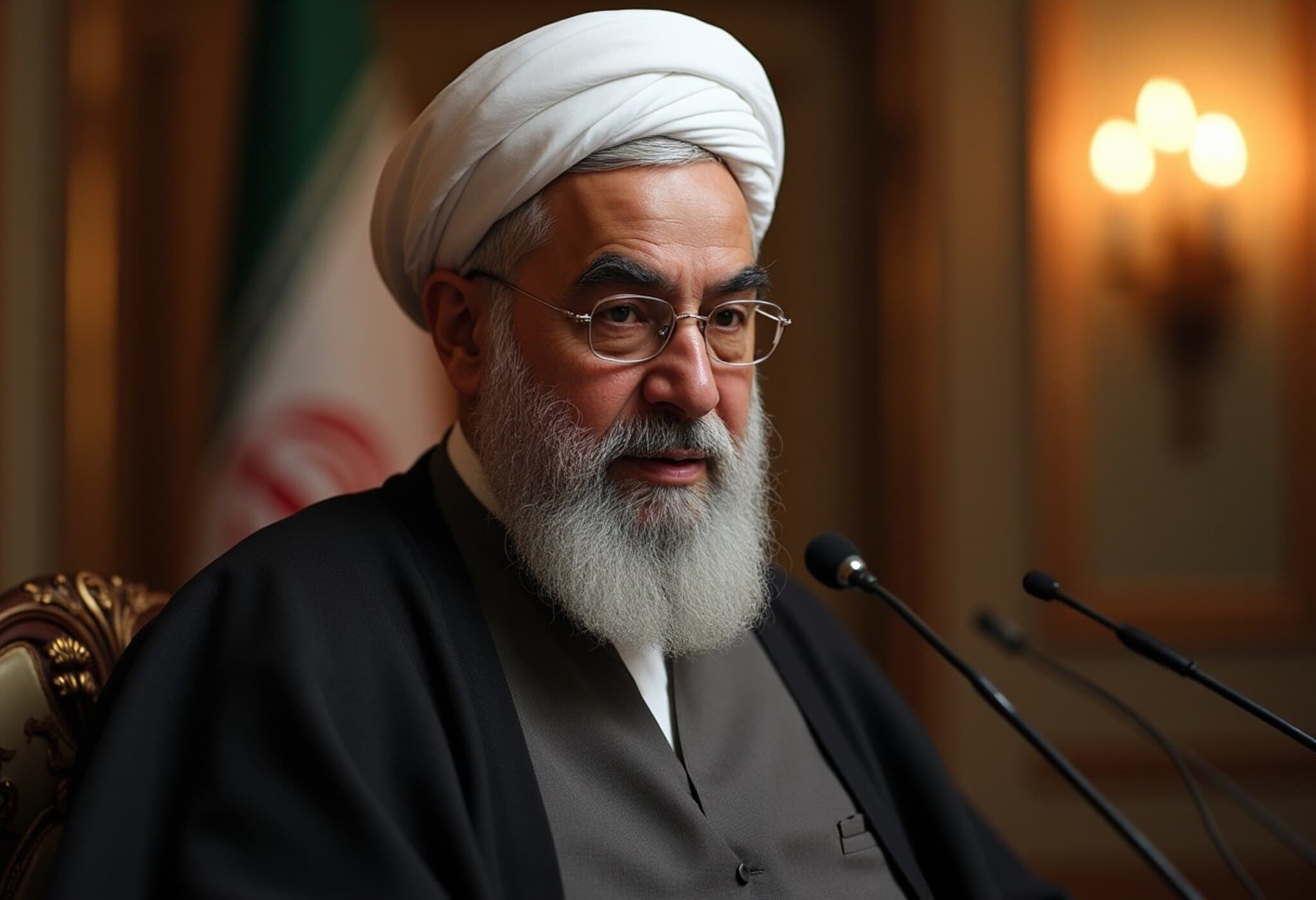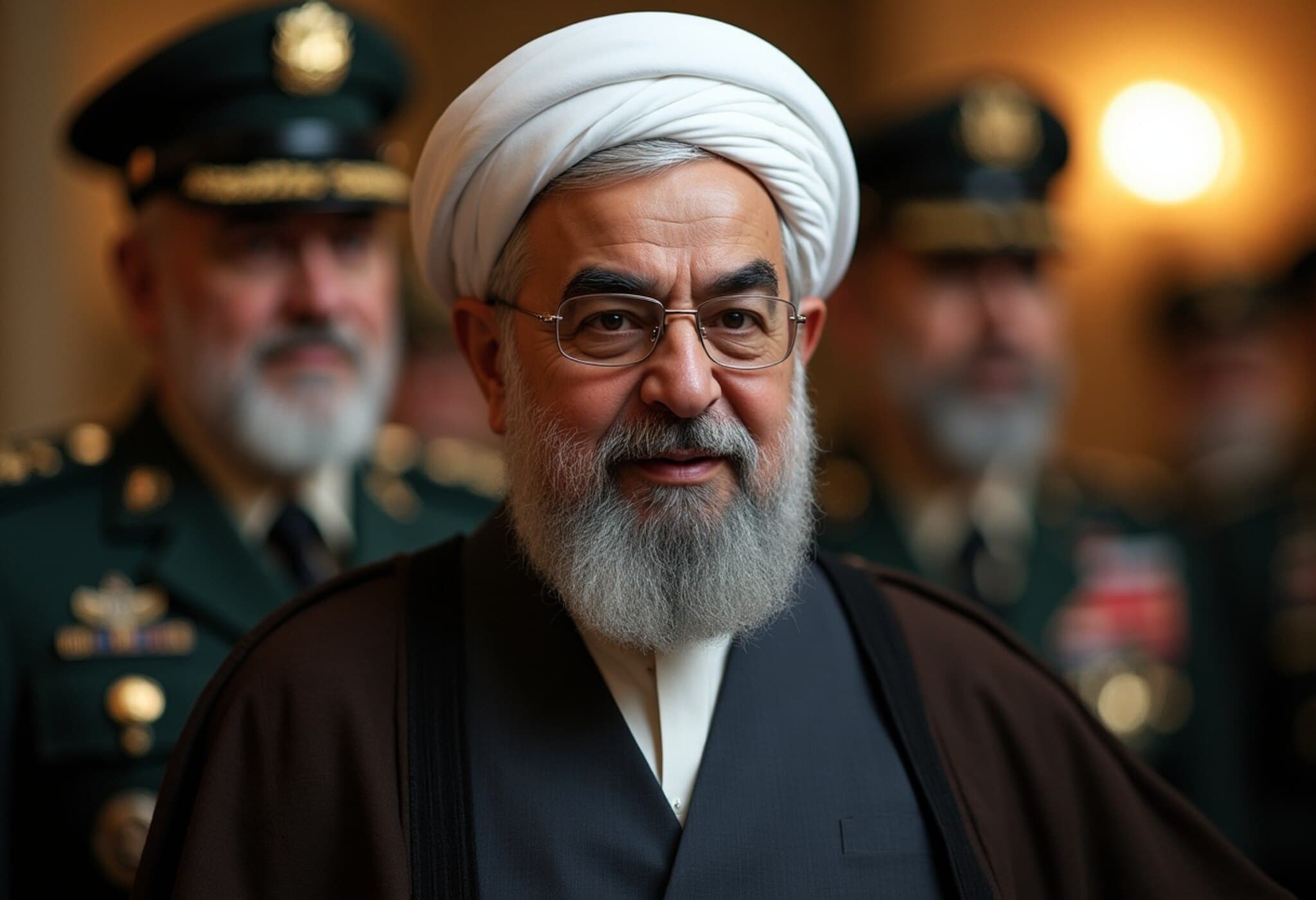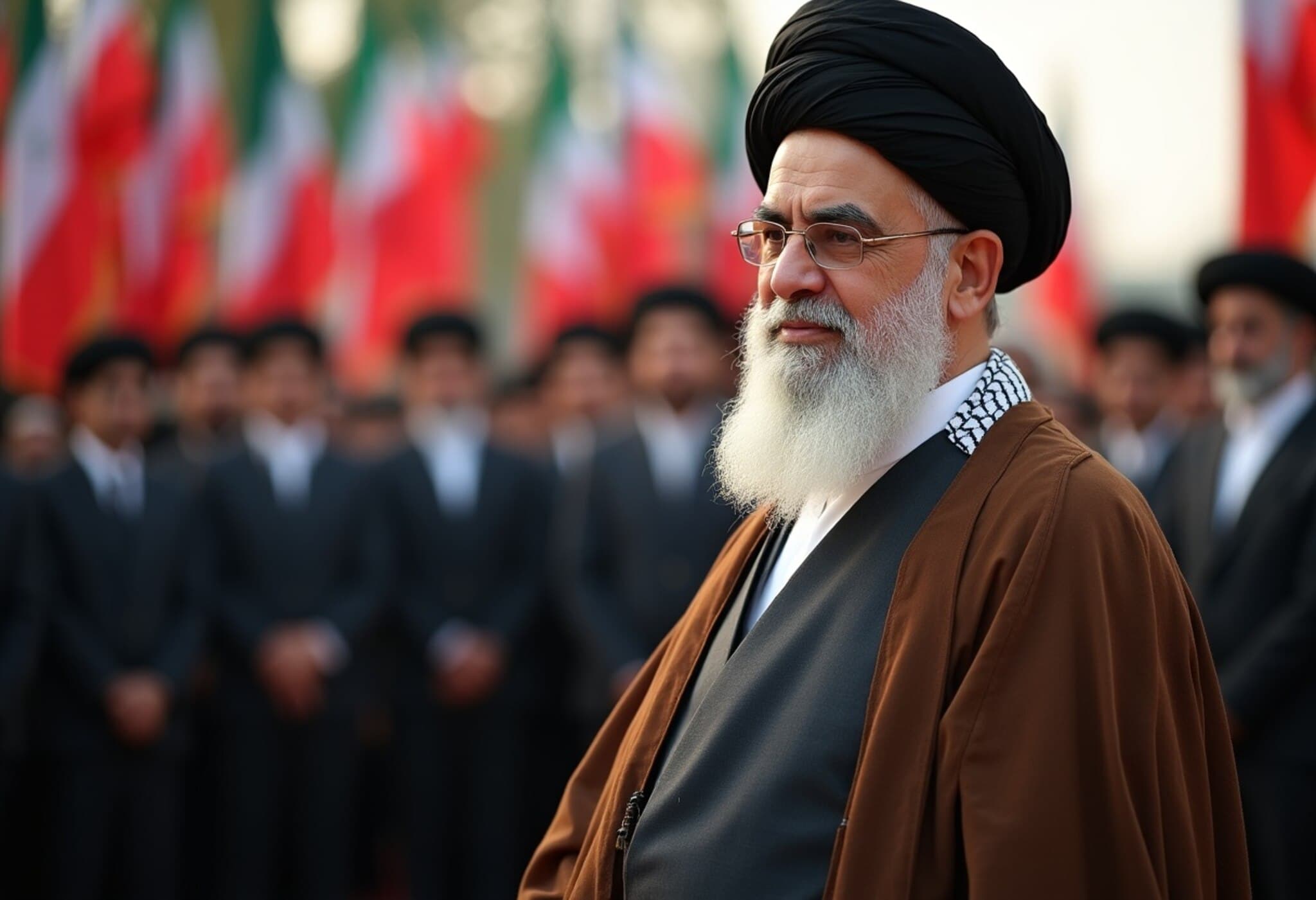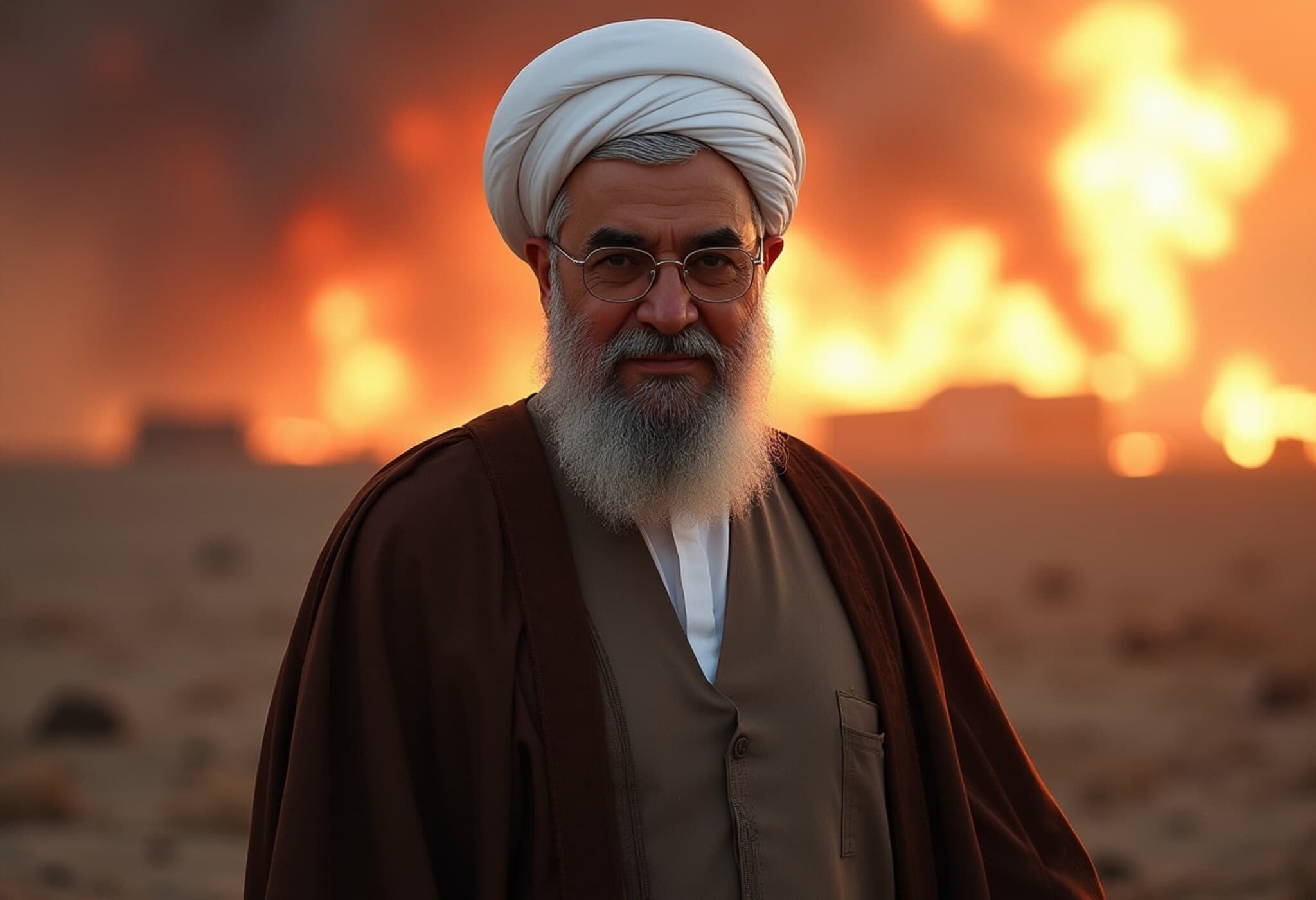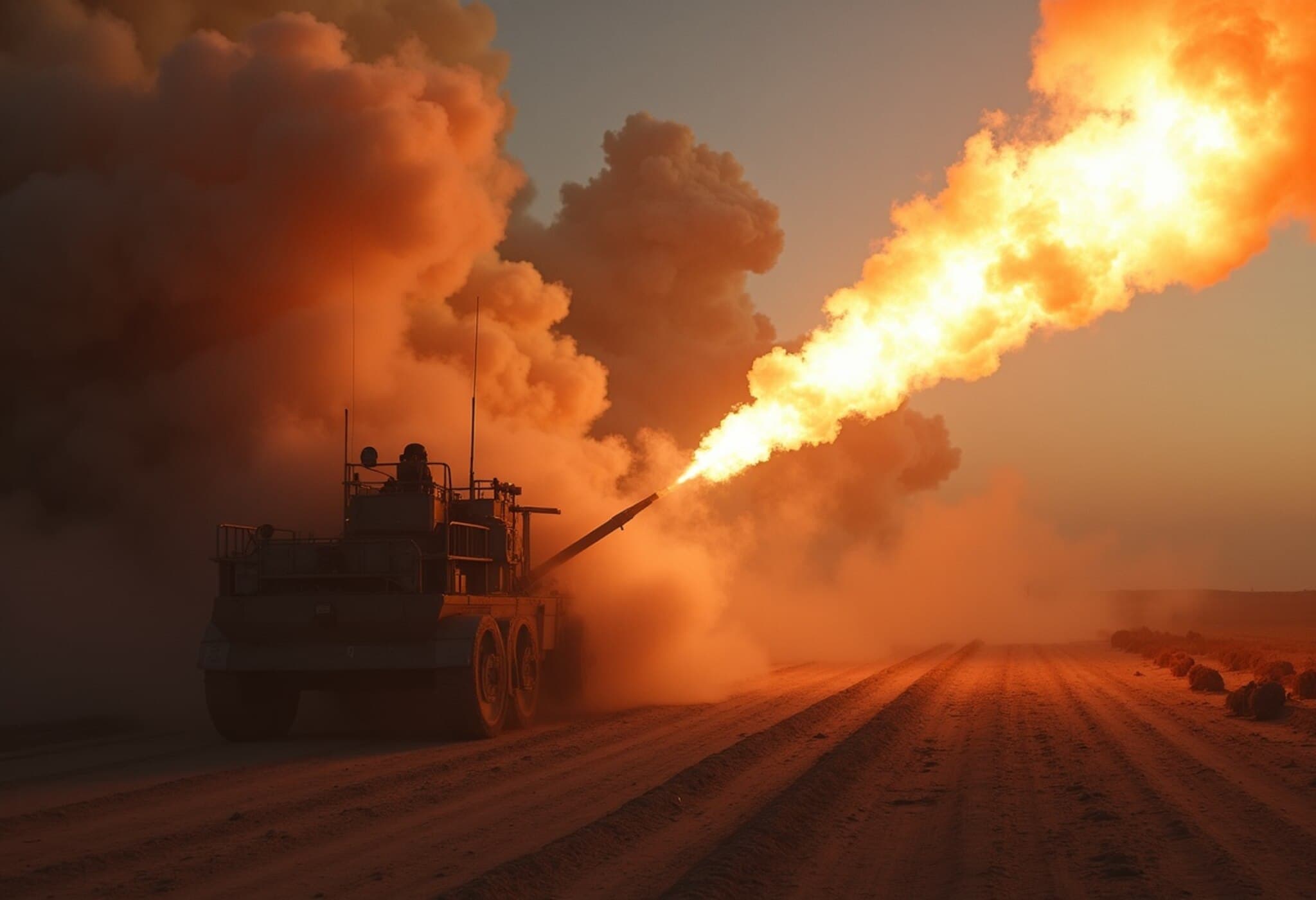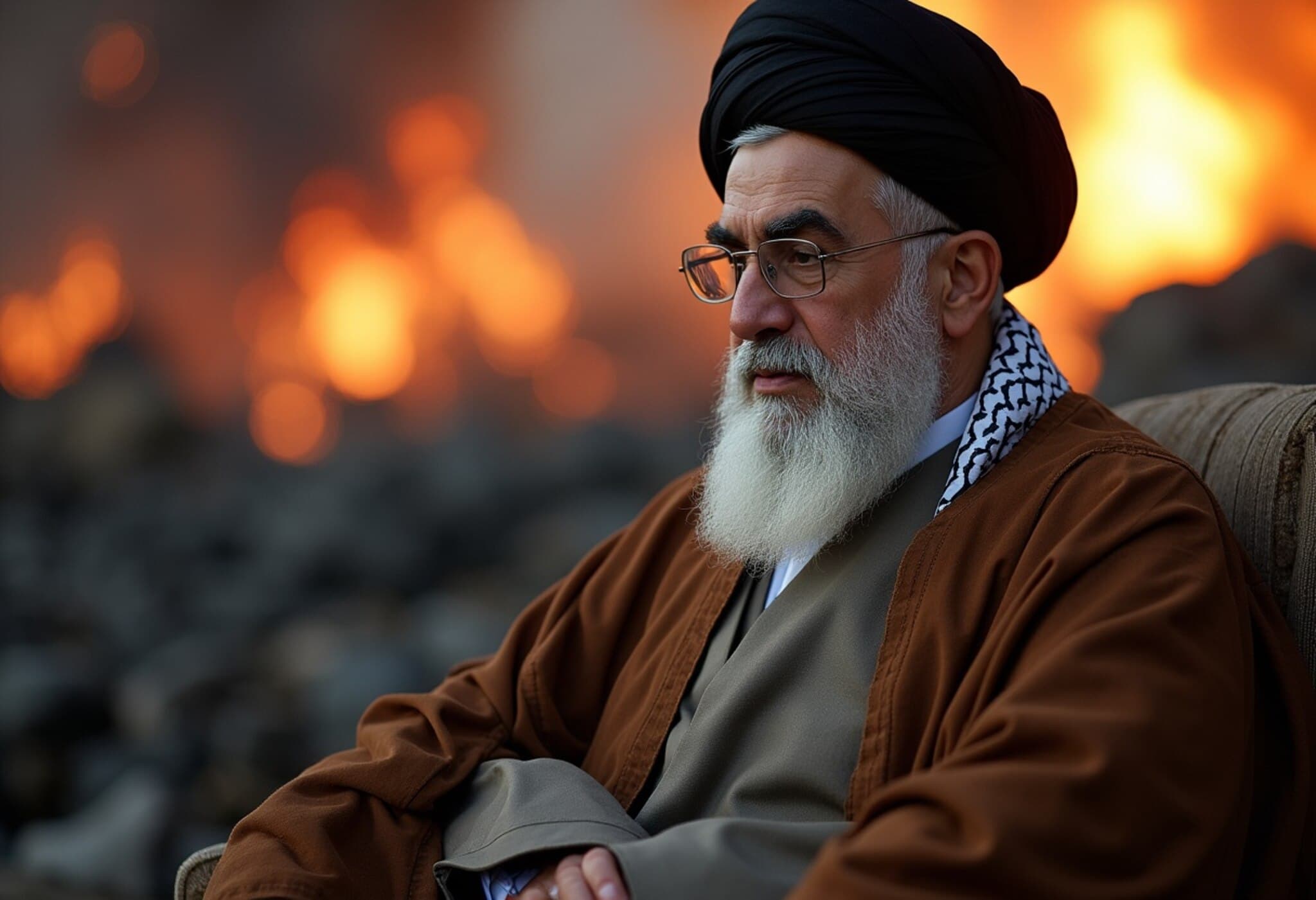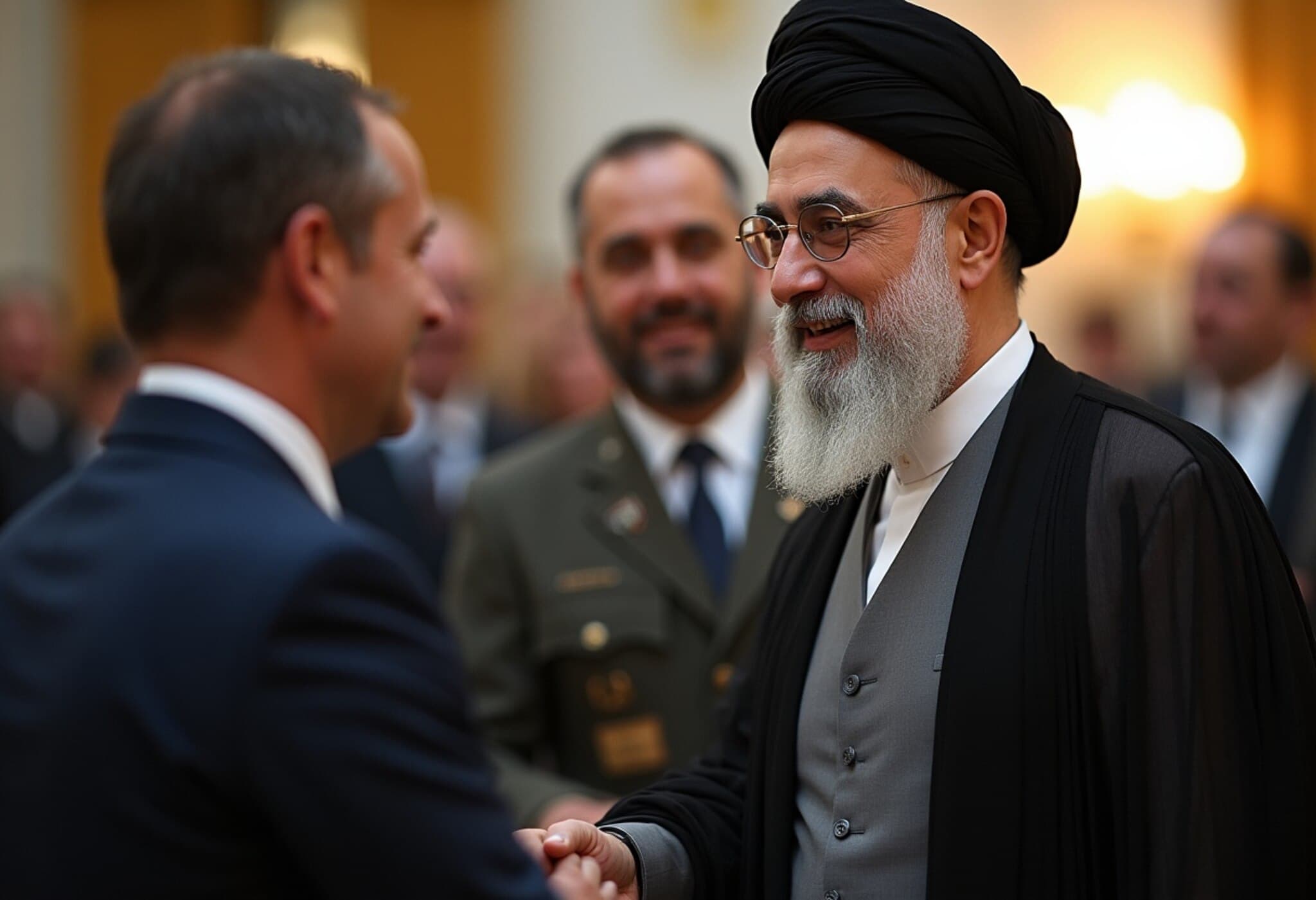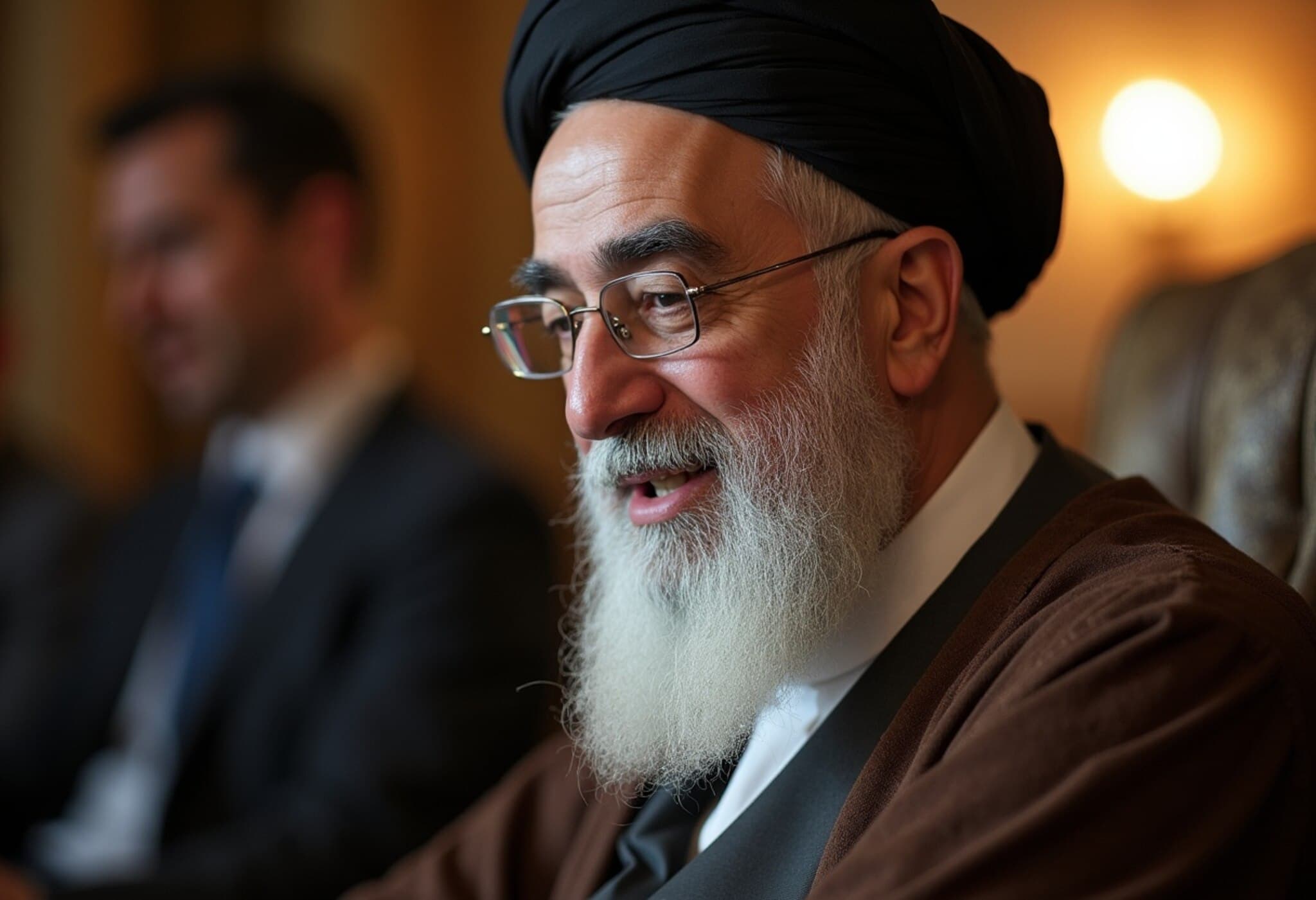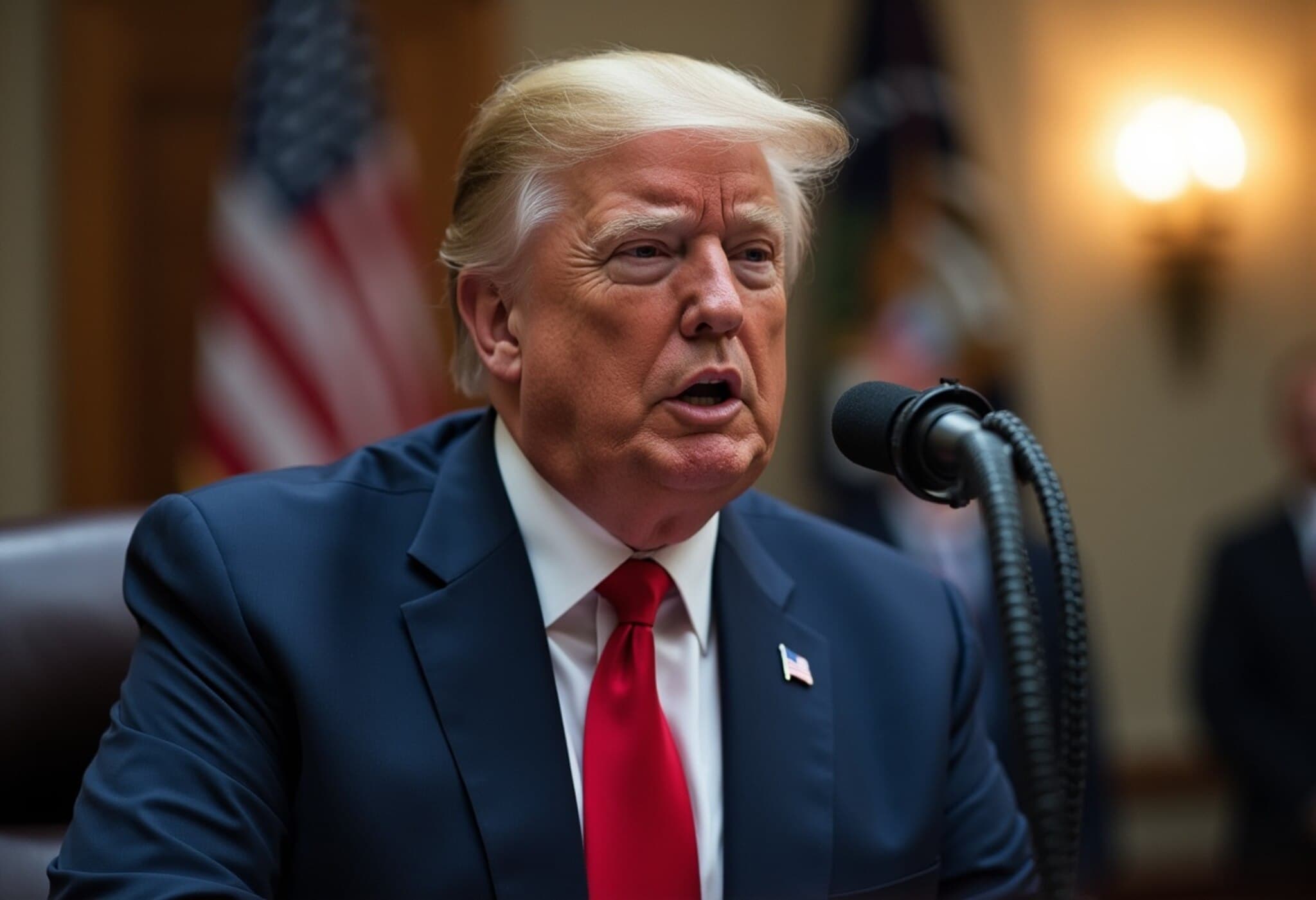Iran's Supreme Leader Issues Strong Rebuke to US and Israel
In a forceful statement on July 16, 2025, Iran’s Supreme Leader, Ayatollah Ali Khamenei, delivered a sharp critique of the United States and Israel — which he referred to as “the dog on a leash” of Washington — applauding Iran’s resistance against what he characterized as aggressive foreign interference. Khamenei accused Israel of orchestrating a recent 12-day war aimed explicitly at destabilizing the Iranian government and inciting public unrest to topple the Islamic Republic.
Background: A 12-Day Conflict with Deep-Rooted Implications
Last month’s violence marked one of the most intense confrontations between Iran and Israel in years. According to Iranian officials, Israel launched a coordinated campaign targeting senior military commanders and nuclear scientists across Iran, resulting in over 1,000 Iranian casualties. Iran's retaliatory strikes through drones and missiles reportedly caused 28 fatalities within Israeli territory.
This profound escalation unfolded just days before a scheduled sixth round of nuclear negotiations between Tehran and Washington, originally set to resume following talks that commenced April 12. However, the outbreak of hostilities abruptly halted diplomatic progress, leaving negotiations frozen amid rising tensions.
Khamenei’s Message: Defiance and Vigilance
Speaking directly to Iran’s people and international observers, Khamenei articulated that these hostile operations were designed to “weaken the system by targeting certain figures and sensitive centres.” He argued the true goal was to incite societal unrest and squeeze the nation into political collapse.
“The attackers aimed to bring people into the streets to overthrow the system,” Khamenei warned, underscoring the high stakes involved. He cautioned adversaries to reconsider their strategies lest they face complete annihilation, describing Iran’s stance as firm and unyielding.
Diplomatic Stalemate and Calls for Careful Strategy
In parallel with these developments, Iran’s parliament declared that no new diplomatic talks will occur until certain undisclosed “preconditions” are met. Although Khamenei emphasized that future diplomatic and military actions must proceed with “care and precision,” details of these plans remain undisclosed.
Iran’s official position continues to signal openness to dialogue, contingent on assurances from Washington that military aggression will not resume. This delicate balancing act between defiance and diplomacy paints a complex portrait of the current geopolitical landscape.
Regional and Global Implications
This episode highlights the fragile nature of Middle Eastern stability, where proxy conflicts and strategic rivalries often escalate rapidly. The US using Israel as a proxy in its competition with Iran adds layers of complexity, particularly as nuclear talks stall amid trust deficits and ongoing violence.
For American policymakers, navigating this scenario involves weighing sanctions, diplomatic engagement, and military deterrence carefully to avoid broader regional flare-ups.
Underreported Questions and Critical Perspectives
- What are the specific “preconditions” Iran demands before resuming talks, and how might they reshape the negotiation dynamics?
- How sustainable is Iran’s current posture of combining military retaliation with selective openness to diplomacy?
- What roles do internal Iranian politics and popular sentiment play in shaping Khamenei’s rhetoric and strategic decisions?
- Could third-party mediation or international pressure facilitate a breakthrough despite this recent wave of hostilities?
Editor's Note
Ayatollah Khamenei’s recent remarks serve as both a warning and a declaration of resilience against perceived foreign aggression. As tensions persist and negotiations remain stalled, the evolving diplomatic and military strategies in Tehran will critically impact regional stability and global energy markets. Observers should watch closely how Iran balances assertive defense with diplomatic overtures, a duality that defines much of today’s precarious Middle East landscape.

